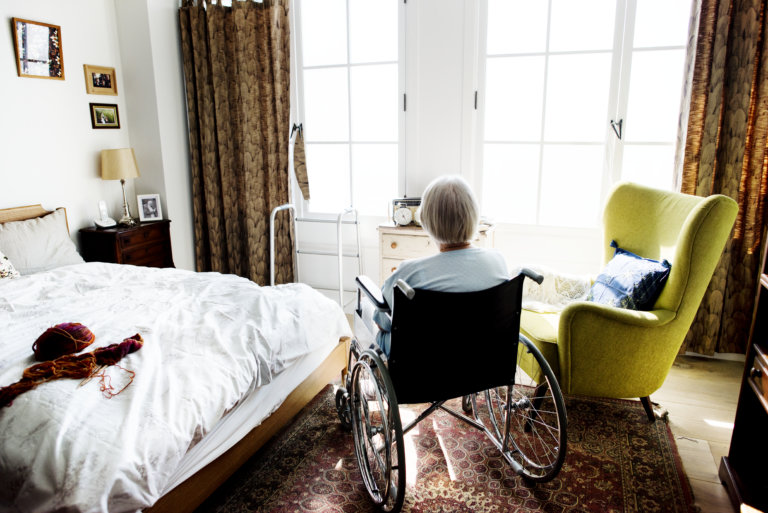For many families, nursing homes are an invaluable asset. We sleep a little easier at night knowing that trained staff are ensuring loved ones’ end of lives are as comfortable as possible. Unfortunately, nursing homes do not always provide the level of care our loved ones deserve. Nursing home abuse is shockingly common. If you have a loved one in a nursing home, it is important you know how to spot the signs of elder abuse—and your personal injury legal options if it is happening.
The word abuse conjures up images of physical harm, but nursing home abuse can actually take many different forms: physical, emotional, and financial abuse.
Physical nursing home abuse can manifest in many ways. One of the most common ways is when nursing home staff uses non-accidental force on an individual under their care which results in pain, physical impairment, or, in serious cases, even death. It can also manifest in the improper use of drugs upon the elderly resident, such as to unnecessarily sedate them, the withholding of food, or even unnecessarily physically restraining the individual under their care.
Emotional nursing home abuse can also manifest in many ways. It includes verbal abuse, refusing to interact with or ignoring an individual, or even putting the individual in isolation. The consequences of this type of abuse are just as severe as physical abuse, as they can leave those affected by it in states of pain, distress, anxiety or fear.
Finally, financial abuse is a hidden but also unfortunately unfortunately one of the most common forms of elder abuse, and can come at the hands of professional caregivers who interact with elderly patients every day, and who are in positions of authority over the residents. Staff can abuse their position of authority to extort money from the resident or gain access to a resident’s financial accounts.
How do you spot nursing home abuse? It isn’t always easy.
Physical abuse is often the easiest kind of abuse to identify, with bruising and other injuries and pain being readily apparent. Emotional abuse is often more hidden, as nursing home staff usually do not engage in this conduct in front of family members. Financial abuse is also usually hidden, and often nursing home residents do not know their finances are being compromised or are pressured to keep quiet about it by staff.
No matter what kind of abuse you suspect a loved one in a nursing home is suffering, the best way to confirm it is happening is to talk with them in private about the quality of care they are receiving. Reassure them that they can count on you to help them if there are any problems and that they are not burdening you by telling you about any problems.
What Do I Do if I Think My Loved One is Being Abused by Their Nursing Home?
Your loved one deserves to be treated with the highest standard of care, and any abuse of them by purported caregivers is unacceptable. If you think a loved one is being abused by their nursing home, contact J&Y Law immediately. Our experienced personal injury attorneys are ready to fight for the quality of care and safety your loved one deserves.


